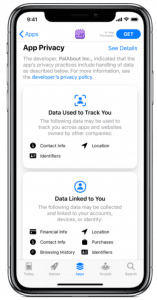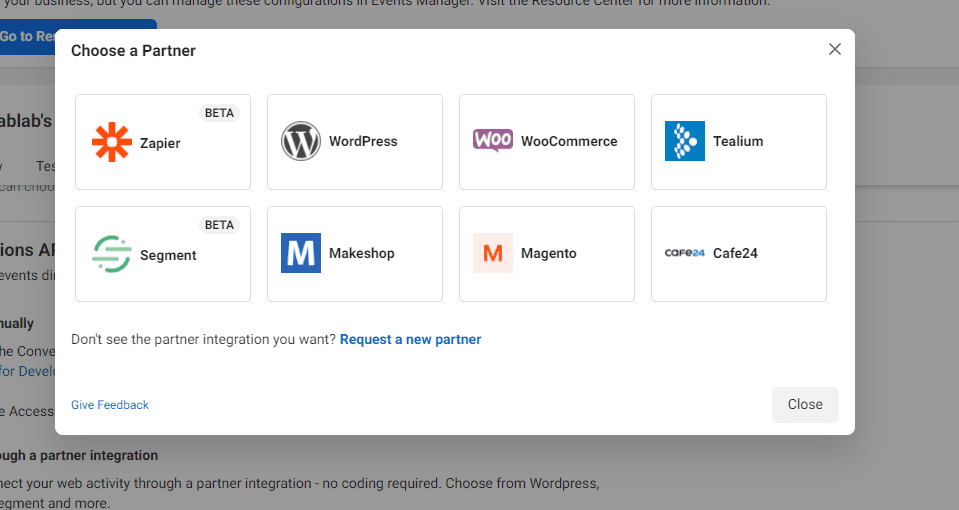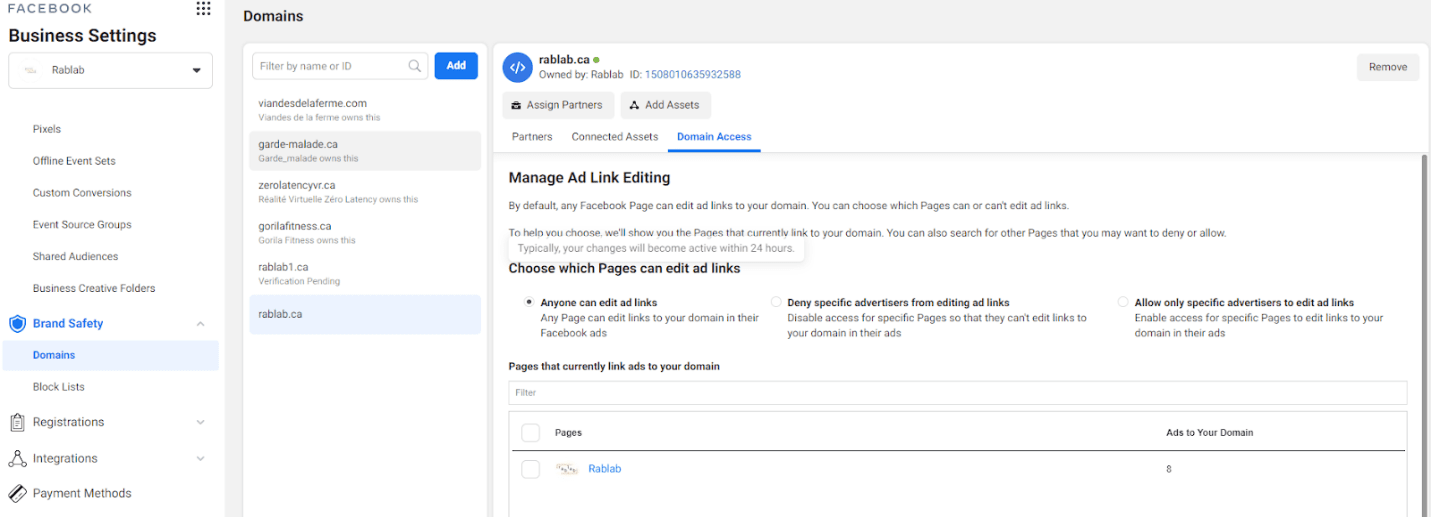Facebook and Apple are in the midst of a war right now over Apple’s iOS 14.4 and 14.5 updates.
On one hand, Apple wants to protect the private data of its users to prevent apps on the App Store from “stealing” user data and misusing it.
On the other hand, Facebook wants to continue leveraging third-party data to continue delivering ultra-targeted advertising, which earns them billions of dollars.
What is actually happening with Facebook?
To begin with, it is to note that Facebook’s tracking is done using the one and only Facebook Pixel. This allows advertisers to link their website to Facebook’s servers in order to track conversions (actions) on their own website directed from Facebook ads. The pixel also allows these companies to create audiences that allow them to build their conversion tunnel.
Due to the new iOS 14 update, when a user clicks on an advertisement in the Facebook app, Apple will activate App Tracking Transparency, a “popup” that will ask the user if they want Facebook to continue to collect data outside the app.
There will be 2 options

The user accepts: Apple will allow the Facebook Pixel to track a maximum of 8 events or actions (Page view, Purchase, Add to cart, Filled contact form, etc.).
The user refuses: Apple will allow the Facebook Pixel to track only 1 event or action, which will drastically reduce the data we can use to measure and optimize ad results on Facebook.
Regardless of whether the user accepts or rejects, the conversion attribution window will be reduced to 1 day after seeing an advertisement on their feed and / or 7 days after clicking on the same advertisement.
The impacts on the results of Facebook advertising campaigns
These major changes will have serious impacts on the results reported by Facebook, as several actions (purchases, leads generated) will not be counted by the Facebook Ad Manager if users have not accepted the App Tracking Transparency. Note that the conversion will also not be measured if it occurs outside the 1 day window (for an advertisement view) or 7 days (for a click on an advertisement).
What must be understood here is not that the advertisements will not necessarily generate less results (sales or leads) on your website, but rather bring poorer results in the Facebook advertising platform which will not be able to collect all the data, in other words, harder to get the correct target audience.
However, it will be much more difficult for Facebook ad managers to optimize campaigns for an account that has never advertised before due to lack of data.
What can you do to adapt to the changes in the iOS14 update?
Each week, Facebook unveils new announcements to counter this update which puts at risk of revenues in the billions of dollars.
It may sound worrisome, but with the resources Facebook has at its disposal, let’s rest assured that they won’t let their profits melt away without putting up a fight.
For now, it is imperative to stay up to date on the latest actions to take in order not to be caught off guard in the coming weeks.
Validate your domain name in the Facebook Business Manager.
Facebook will soon require website domain validation in order to run Facebook / Instagram Ads campaigns. If this is not done, there is a risk that the campaigns will be stopped and there will be no more possibilities to disseminate anything.
Here’s how to do it:
- Go to business.facebook.com
- Go to Business Settings
- Go to Brand Safety -> Domains
- Add a domain (main website URL)
- Go to the Meta-Tag Verification tab
- Copy / paste the given code into the <Head> tag of the website.
- Press Verify
- Go to Connected Assets then add the Facebook page relating to the domain.
Replace the Facebook Pixel with the Conversion API on WordPress or Magento
The Facebook pixel will be replaced by the Conversion API. It is therefore imperative that you upgrade your website to reflect these changes.
Here’s how to do it:
- Go to business.facebook.com
- Go to Business Settings
- Go to Data Sources -> Pixels
- Click on your Pixel
- Open the Events Manager

Once in the event manager, go to the Pixel settings and scroll down to the Conversion API section.
Once there, click on “Choose a partner”, and you will be able to download the WordPress or Magento plugin for the API Conversion.

If you are not comfortable doing this, ask your website developer to install the necessary plugin for you.
Replace the Facebook Pixel with the Conversion API on Shopify
It’s a little simpler for Shopify:
- Connect to the back-end of the Shopify website
- If it isn’t already done, add a Sale Channel
- Click on +
- Choose Facebook (note that Facebook Shop no longer works)
- Log in to Facebook with the account that manages your ads and make sure you choose the right business manager, catalog, Instagram profile, Facebook Pixel and check “Advanced Matching”.
This is only the tip of the iceberg
All this commotion is just the first step towards a more anonymous Internet and less invasive to your privacy. The good old cookies that have been around since the beginning of the web are on the way out, and that is sure to be a good thing.
As a marketer, it is crucial to remain agile and adapt to these changes. Google Chrome, which is responsible for 60% of online visits, announced the end of third-party cookies in 2022 last year.
If your website is a major source of income, it is imperative that you prepare to collect your own data (1st party data) rather than giving it directly to Facebook and Google.
How can this be accomplished you say? This will be covered in a future article ;).


